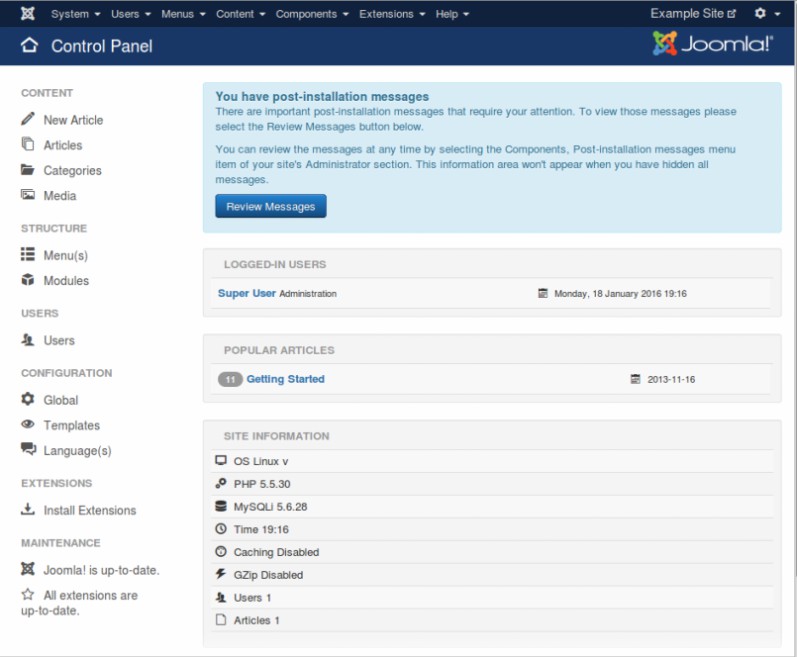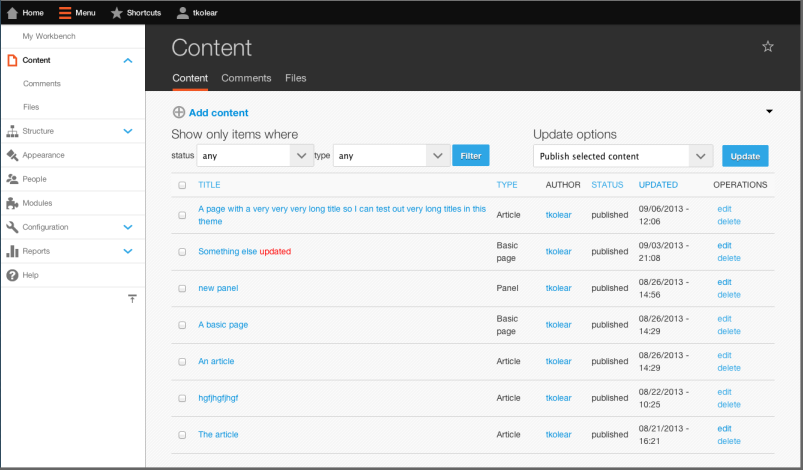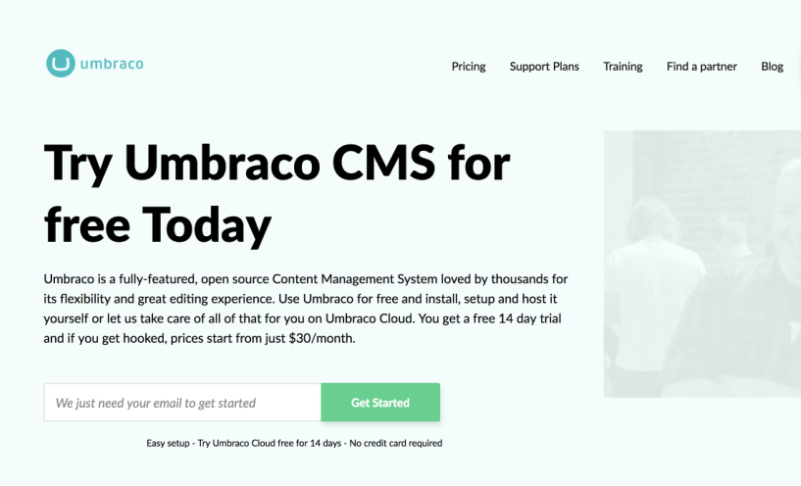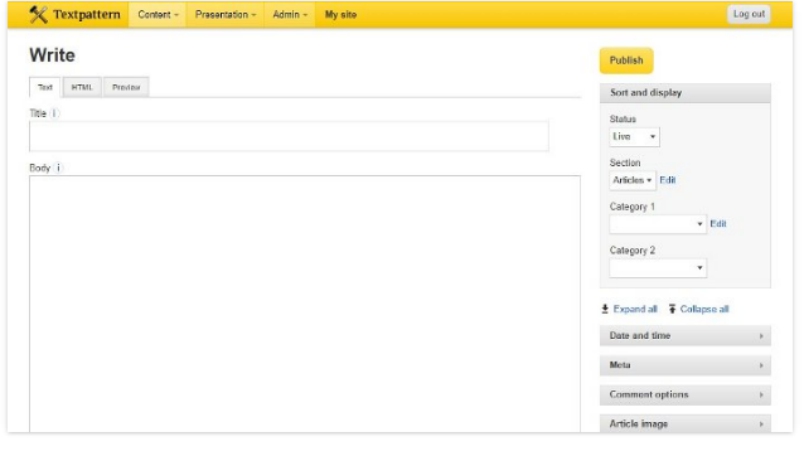Undoubtedly, WordPress is one of the most used content management systems in the world. It is popular, powerful and flexible but the key question is – is it the right website builder for you?
WordPress may not be for everyone. If you feel WordPress is not your cup of tea, then there is no point in using this.

If you are reading this post, we guess you’re looking for some alternatives to WordPress.
So let’s find out 5 popular alternatives to WordPress. However, if you want to try more, 000webhost suggests some more WordPress alternatives.
1. Joomla

It would not be wrong if we say Joomla is one of the biggest rivals of WP. It has the biggest market share in the website platform after the WordPress. The community of Joomla is quite active as there are more than 8,000 Joomla extensions.
It is a free CMS platform that was launched in 2003. It is primarily designed for web application framework. Joomla is written in PHP and uses OOP (Object-Oriented Programming).
If we talk about features, creating blogs on Joomla is exceptionally easy. You just need to copy and paste your content into the platform and hit ‘publish’ button.
Speaking of flexibility, there is no limit how you want to customize your site on Joomla. From social networking integration to the complex payment gateway, implementing different features are fairly easy with Joomla.
2. Drupal

Drupal is one of the top alternatives to WordPress. Like WordPress, it is a free open source content management system that lets you create a beautiful, flexible and a professional website easily.
It is quite simple to use, it should not take long for a newbie to learn the functionality of this platform.
However, if we talk about security, Drupal is one step ahead of WordPress. The platform has an exceptionally amazing track record in terms of security. It has an organized process for verifying, investigating and publishing different security issues. You can easily maintain performance and security parameters straight from the admin console.
Besides this, Drupal has a vast active community where you can find more than 16,000 free modules which can be used to seek support on different issues such as database backup, CRM, adding a certain feature to your website, social media integration, SEO, etc.
Speaking of themes and templates, Drupal has a huge community of designers and developers that create responsive, feature-rich templates. You can find numerous 3rd party providers offering responsive themes and plugins. Moreover, all its themes have been designed keeping the different SEO aspects in mind.
Apart from this, managing content of Joomla is a piece of cake. It gives you a plenty of options to manage different permission levels without switching the tabs.
Another thing which makes it the best alternative to WordPress is its scalability, you can begin with 2 pages and grow to 2000 without making a single change.
We think we should not forget mention here that some of the high traffic websites of the world such as Nascar, Grammys and White House have chosen Drupal.
3. Umbraco

Umbraco is another popular CMS platform that was launched in 2004. In the short time, it has turned into a popular choice for thousands of users across the globe. At present, it has more than 85,000 installations.
The platform is built on Microsoft’s.Net technology and is mostly preferred by large size organizations.
Umbraco prides itself on being exceptionally user-friendly and prompt. Even non-developer and non-designer users can use it to create a professional website without using any assistance.
Besides this, it is an SEO-friendly platform which means you can easily implement different tools on your website to boost SEO and improve your search engine rankings.
Like many popular CMS platform, Umbraco has an active community of developers that are always available to answer the different queries of newbies.
Apart from this, Umbraco has an extensive support system as well. It has a library of over 100 video tutorials that you can watch to find the quick solutions to different issues.
If you are willing to spend some bucks, Umbraco has paid premium support as well.
Some of the popular users of Umbraco are asp.net and wired.co.uk.
4. Textpattern

Textpattern is a popular blogging platform released in 2003. It supports quick yet standard installation procedure. Like other CMS platform, you will be asked to put details of your database credentials and make a config file and add user details. And you’re ready to use it.
Textpattern comes with a state-of-the-art editor makes editing of various features fairly easy. Users can edit text, article images, categories with a single click.
Moreover, it has a couple of great features as well, including on/off option for toggle comments, post status, etc.
However, if we talk about plugin installation, it is totally different from that of WordPress. Like WordPress, here you do not get the option to install a plugin from the menu. To install a plugin, you have to copy and paste the plugin code into Textpattern.
Although it can be little difficult for beginners yet at the same time they can learn more out of it.
5. Medium

Although it is quite different to WordPress as it is not a complete CMS platform yet it is a popular online publishing platform for millions of amateur and professional bloggers across the globe.
Originally, Medium was launched to connect people with ideas that matter to them. However, with the passage of time, it has turned into a user-friendly writing platform for publishers.
Medium is a fully responsive platform which means your blog going to look beautiful on all screen sizes and devices. Like WordPress, here you need not worry about plugins and themes because there are none.
The best part of Medium is, it allows users to use a custom domain for a publisher that means you can your own domain name on medium without any difficulty. In place of comments, Medium has in-line notes and responses.
Wrapping Up
Although WP is the most prevailing CMS platform yet still many people are willing to know its alternatives. Hope this article offers you something exciting and useful.

